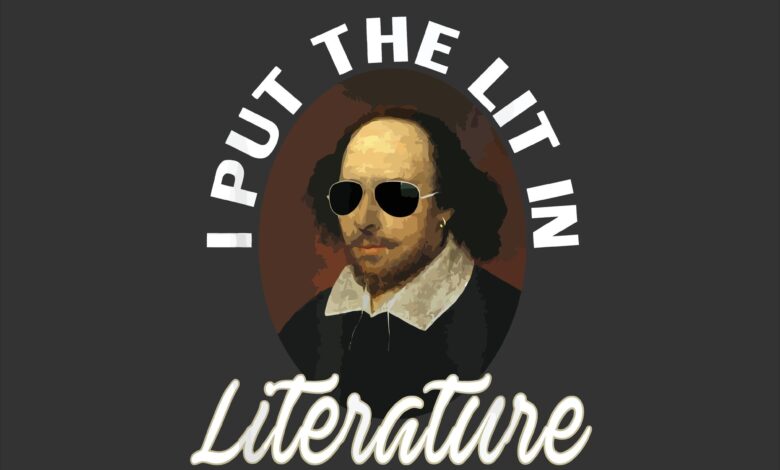
Shakespearean insults can be a great way to engage students in English. © Frank, Adobe Stock
<p>It is well known that Shakespeare’s plays are full of words and phrases the playwright created, many hundreds of which are still in use today.</p>
<p>Expressions such as ‘love is blind’, being ‘in a pickle’, ‘green-eyed monster’ and ‘to break the ice’ are phrases the Bard wrote for plays almost 450 years ago that we commonly use today.</p>
<p>However, there are some less common – and more colourful – words that are worthy of being brought back to NZ classrooms and literature. So, we’ve compiled a whole heap to inspire your lesson plans today….</p>
<h2>Some activity ideas:</h2>
<ul>
<li>In small groups, challenge students to come up with the most grammatically correct insults possible using Shakespearean turns of phrase.</li>
<li>As part of a creative writing exercise, ask students to choose one as a prompt and then write a poem or short story.</li>
<li>Develop their research skills by assigning them a word or phrase and ask them to track its different usages, finding out how its meaning has developed over time. </li>
</ul>
<h2><strong>Shakespearean Nouns</strong></h2>
<p>Mumble-news – a gossip</p>
<p>Churl – someone who is rude or impolite</p>
<p>Geck – a fool</p>
<p>Barnacle – someone who is tenacious and hangs around</p>
<p>Younker – a fashionable young man</p>
<p>Foot licker – obsequious, sycophant</p>
<p>Candle-waster – someone who sits up all night, probably studying or reading</p>
<h2><strong>Shakespearean Adjectives</strong></h2>
<p>Reeky – smelly</p>
<p>Odoriferous – really smelly</p>
<p>Artless – unsophisticated</p>
<p>Currish – bad-tempered</p>
<p>Droning &#8211; dull</p>
<p>Barren-spirited – emotionally numb</p>
<p>Lumpish &#8211; awkward</p>
<p>Bacon-fed – eats too much bacon</p>
<p>Belly-pinched – to be very hungry</p>
<p>Unmuzzled – someone who speaks their mind (but probably shouldn’t)</p>
<p>Lily-livered &#8211; cowardly</p>
<p>Weedy – skinny</p>
<h2><strong>Shakespearean Verbs</strong></h2>
<p>Gleeking, to gleek – to jest or make sport</p>
<p>To cap and knee – to remove one’s hat and take a knee, a sign of extreme respect</p>
<p>Beslubbering, to beslubber – to coat something thickly with a liquid, like blood or mud (or vegemite)</p>
<p>Bemoaning, to bemoan – to be full of sadness, to speak plaintively</p>
<p>To bewray – to expose or reveal</p>
<p>Cleaping, to cleap – to embrace (either a hug or to embrace a concept)</p>
<p>To disvouch – to deny the existence of something, to contradict</p>
<p>To boggle – to flinch, to show signs of physical fear</p>
<p>Constering, to conster – to give information to others, to tell a story</p>
<p><em><strong>What are your favourite Shakespearean phrases or words? Have you tried something similar with your students? Comment below.</strong></em></p>
<p><strong>Follow all the latest news and stories in School News <a href="https://www.schoolnews.co.nz/latest-print-issue/" target="_blank">most recent print edition here</a>.</strong></p>

NZCER found generative AI tools are frequently used to support teaching and learning in primary…
The Ministry decision to discontinue a reading resource over kupu Māori has angered the sector…
NCEA was designed to broaden educational success, explains David Pomeroy from the University of Canterbury.
More than just a break from the classroom, a visit to a zoo or wildlife…
Without proper maintenance and care, trees can become a hazard. Are your trees in need…
Loneliness and social disconnection negatively impact wellbeing. A new WHO report finds teens feel the…
This website uses cookies.